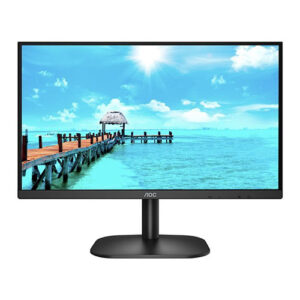IPS
IPS, standing for In-Plane Switching, is a technology used in LCD (Liquid Crystal Display) panels that offers significant improvements over traditional LCD screens, such as those using TN (Twisted Nematic) panels. The IPS technology is renowned for its ability to provide superior color accuracy, consistency, and wider viewing angles, making it a preferred choice for professionals in graphic design, photography, video editing, and anyone who values color precision in their display.
Unlike TN panels, which often suffer from limited viewing angles and color shifts, IPS screens maintain consistent color and clarity even when viewed from sharp angles. This is due to the unique arrangement of the liquid crystal molecules in IPS displays, which align parallel to the panel plane, reducing light scattering and allowing for more accurate color reproduction.
In addition to improved color and viewing angles, IPS panels typically offer better brightness and better black levels compared to TN panels. However, they may have slower response times, which was initially a concern for gamers, but recent advancements have significantly improved the response times of IPS displays.
Overall, IPS technology represents a significant step forward in LCD display quality, offering a superior visual experience that is particularly beneficial in fields where color fidelity and image clarity are critical.
Showing 1–24 of 30 results
























